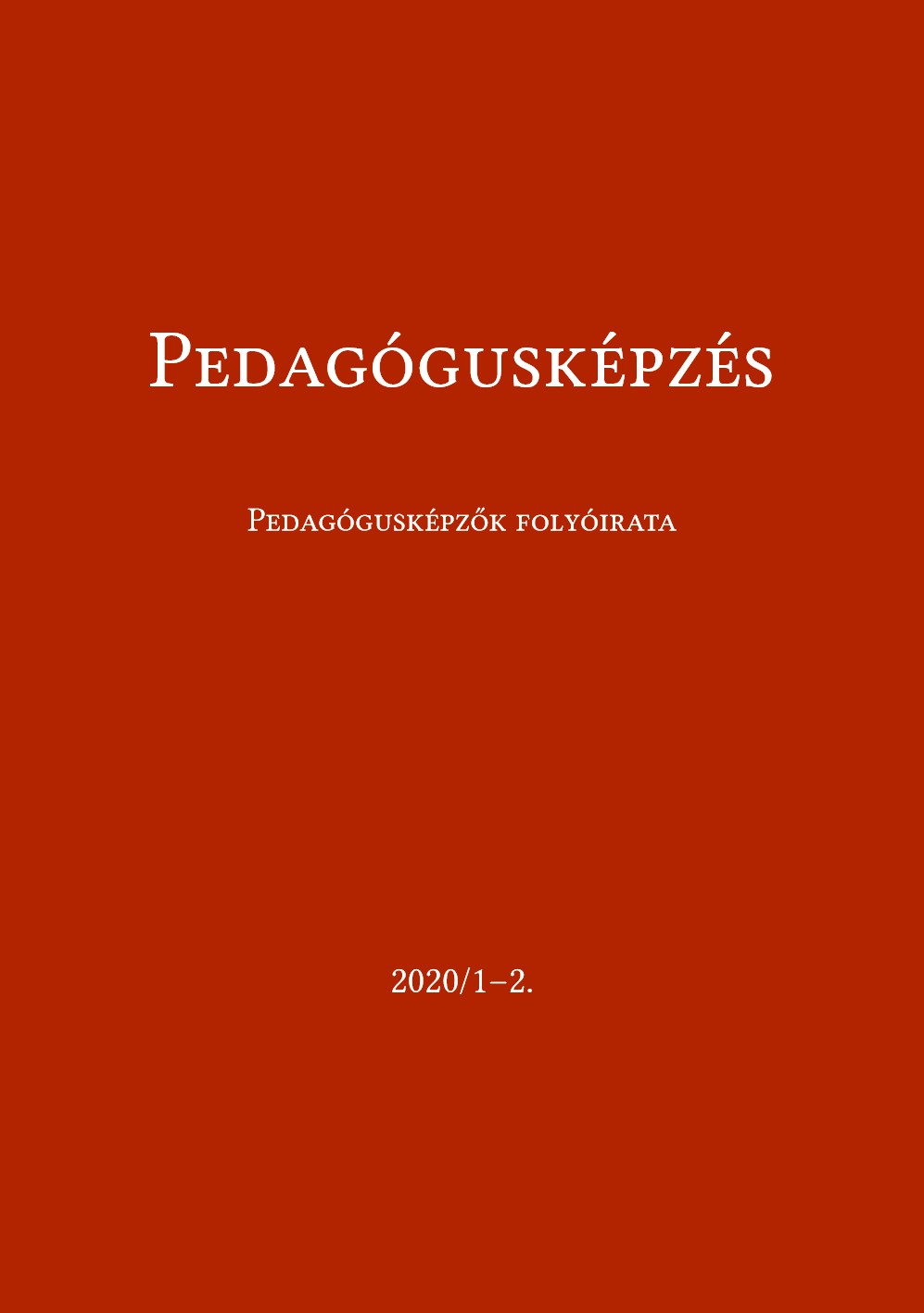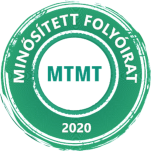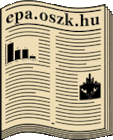Mentoring program at the Óbuda University
DOI:
https://doi.org/10.37205/TEL-hun.2020.1-2.07Keywords:
mentoring, higher education, university teachersAbstract
Students who have gained valuable professional knowledge and are satisfied with their instructors are the best advertising medium for higher education institutions. In contrast, research performance tends to be more important in a university instructor's career. As a leader, I have sought to make both scientific and educational activities valuable for our university staff. Therefore, the improvement of the quality of teaching appeared as an emphasized area in our institution's development.
We have been analyzing data from the assessment of instructors' work by students for decades. Based on these, it became clear that the classroom performance does not depend on the academic rank, and there has been no significant change in the assessment of individual lecturers over the years because of regular feedback. In search of more efficient procedures, mentoring came into our field of vision, its results in the development of teacher work were proved in public education.
We identified different target groups: new entrants and beginners, instructors who require expert feedback on their work, and lecturers who have a markedly negative student assessment and struggle with their role. We have developed programs and different forms of support that meet the target groups' needs, furthermore, we have implemented the mentoring program into the operation of the university by amending our regulations. We ensured that the mentoring program became a university-level system by training faculty mentors selected from the best lecturers.
The results achieved are visible. However, the conditions for stabilizing the system - e.g. the remuneration and constant supervision of the work of the faculty mentors - have not been fully ensured, which jeopardizes the survival of this useful innovation.
Downloads
Published
How to Cite
Issue
Section
License
Copyright (c) 2020 The author(s)

This work is licensed under a Creative Commons Attribution-ShareAlike 4.0 International License.








